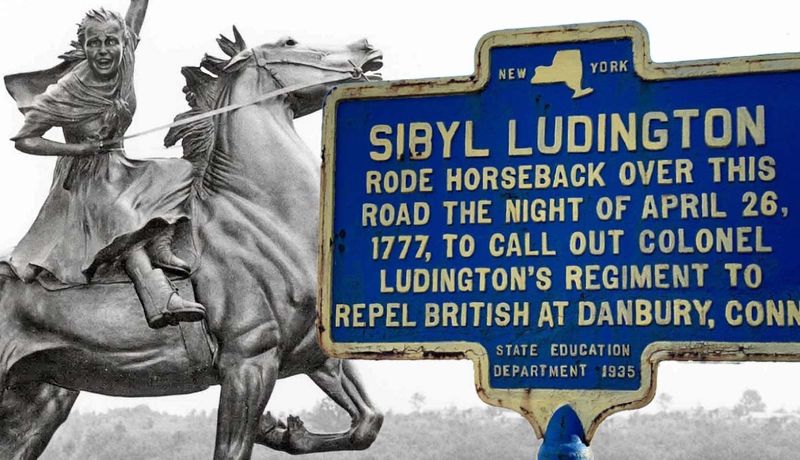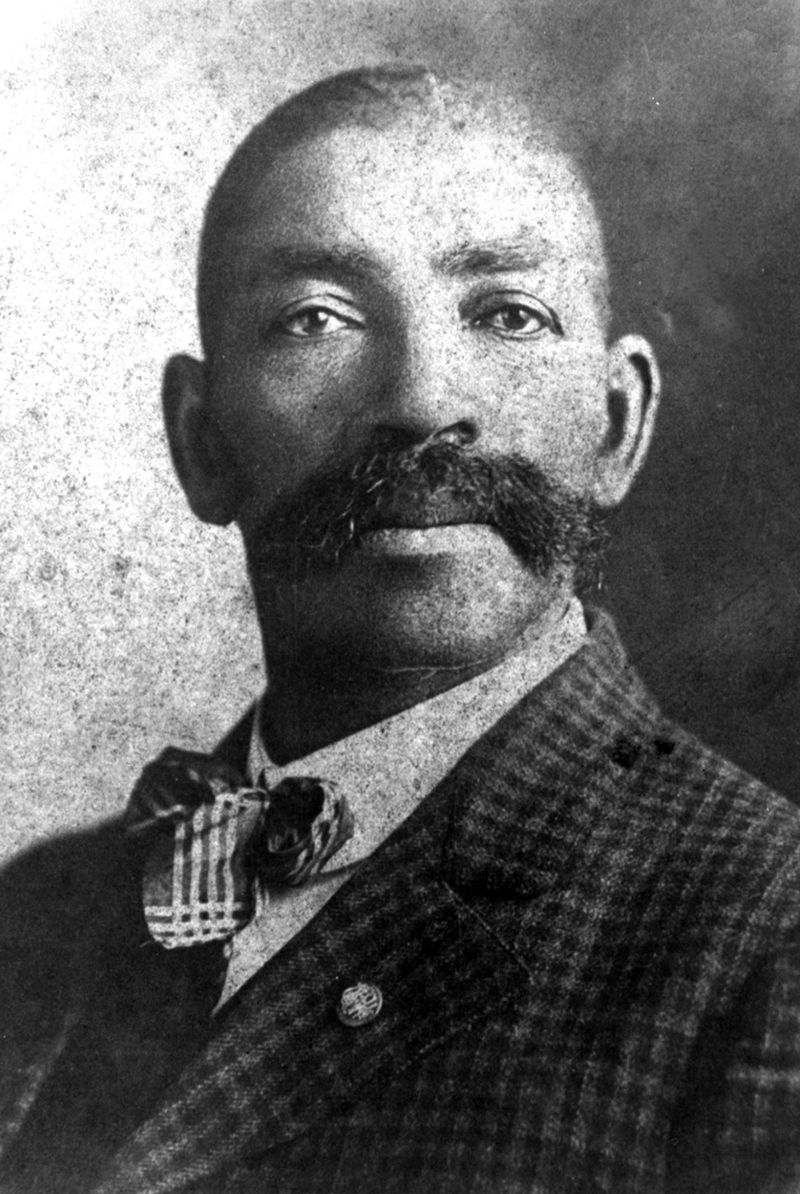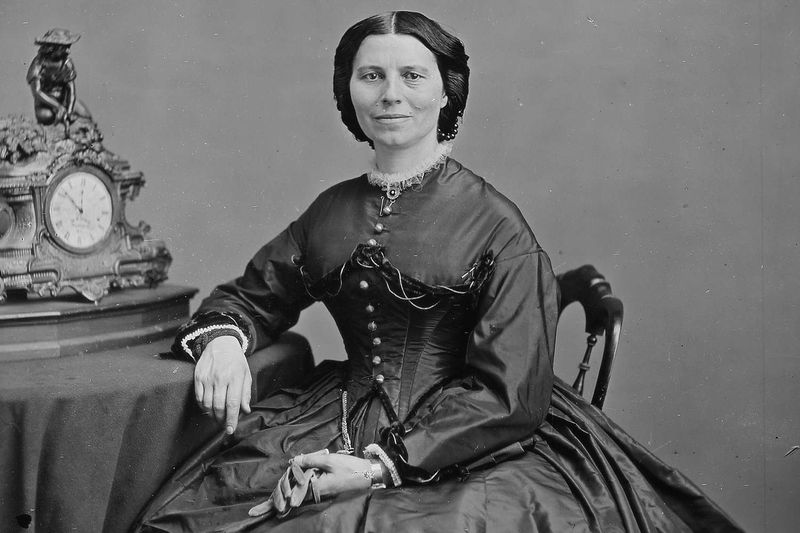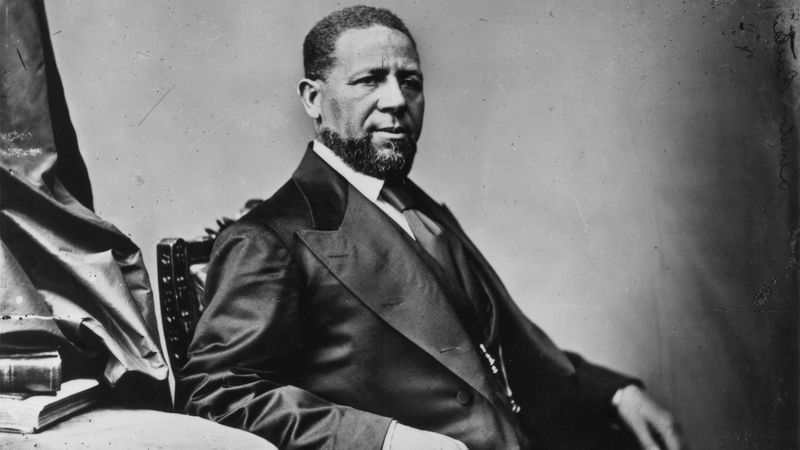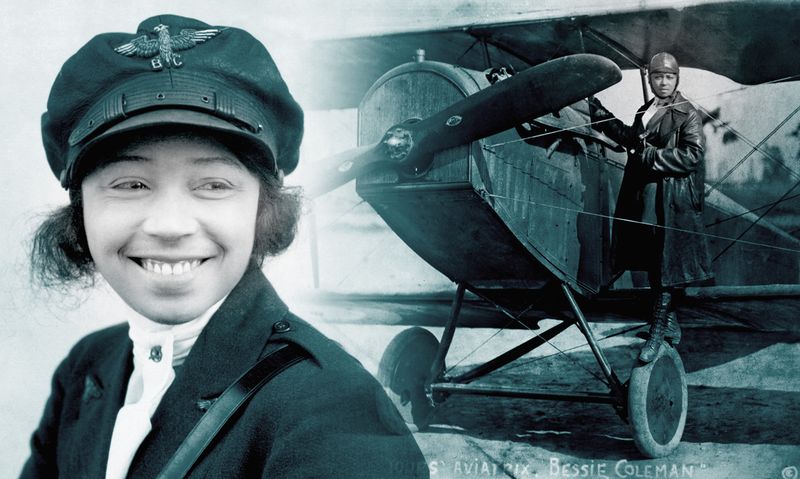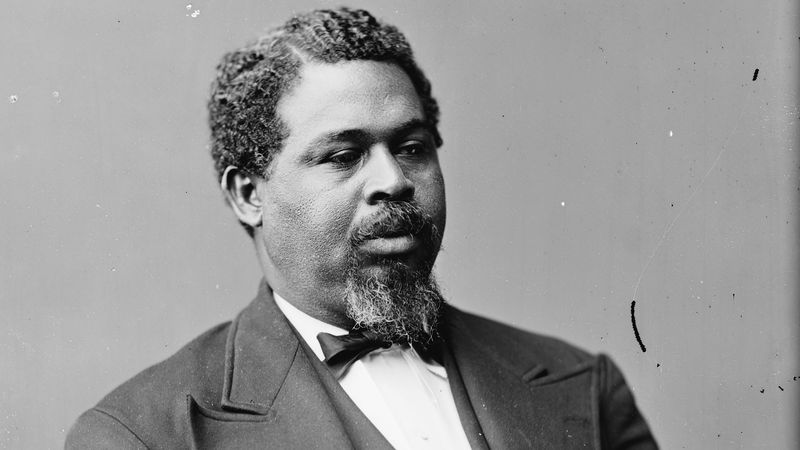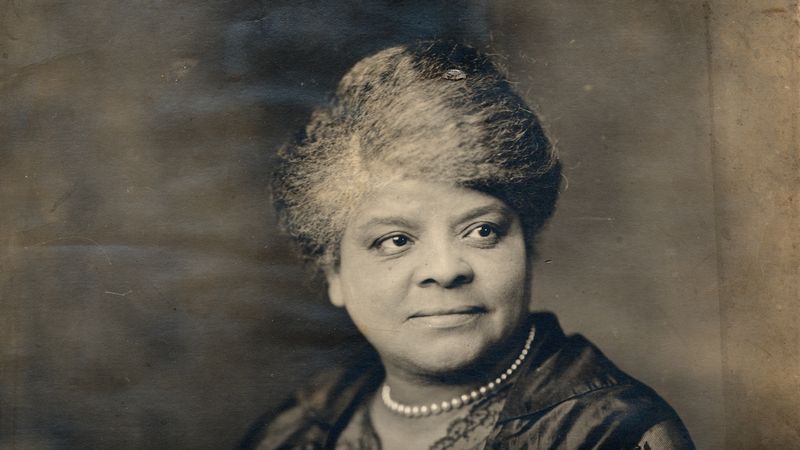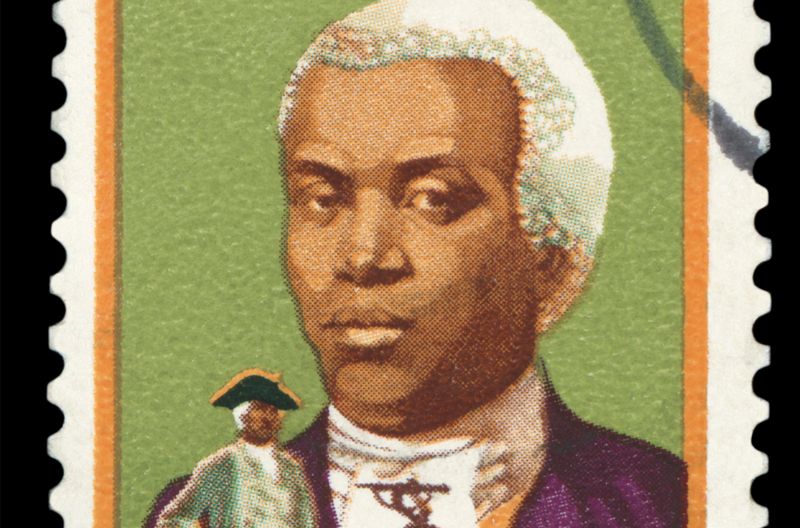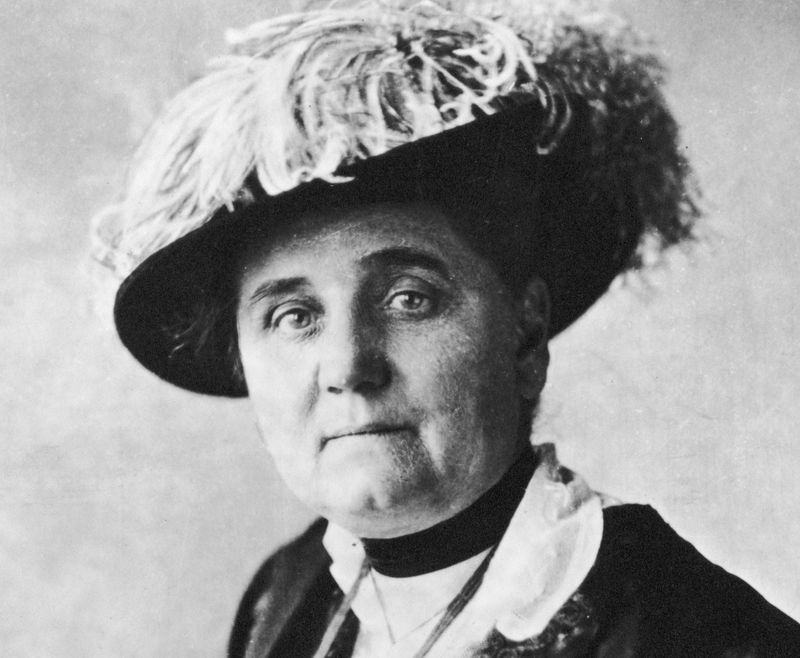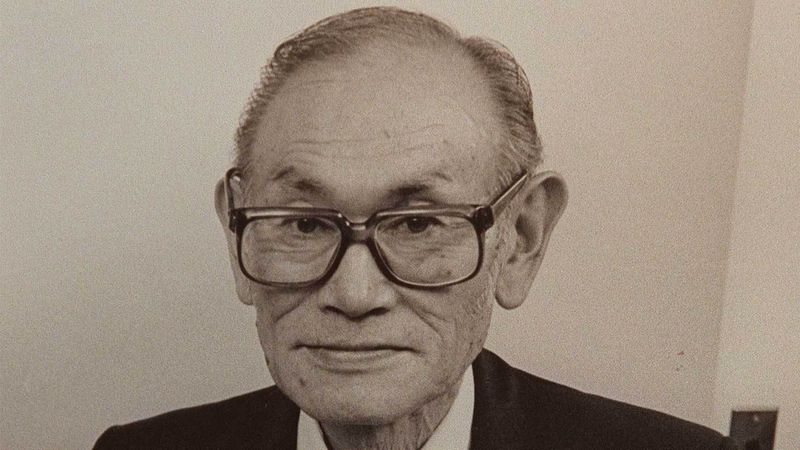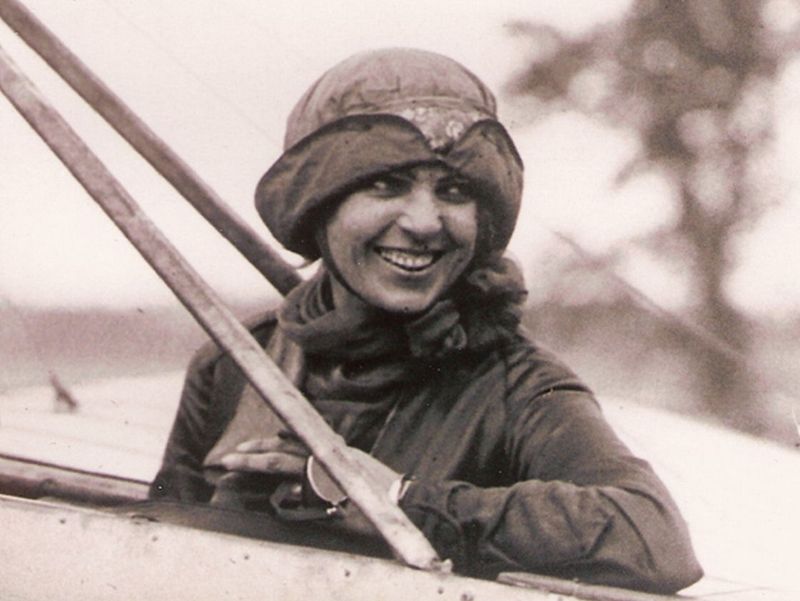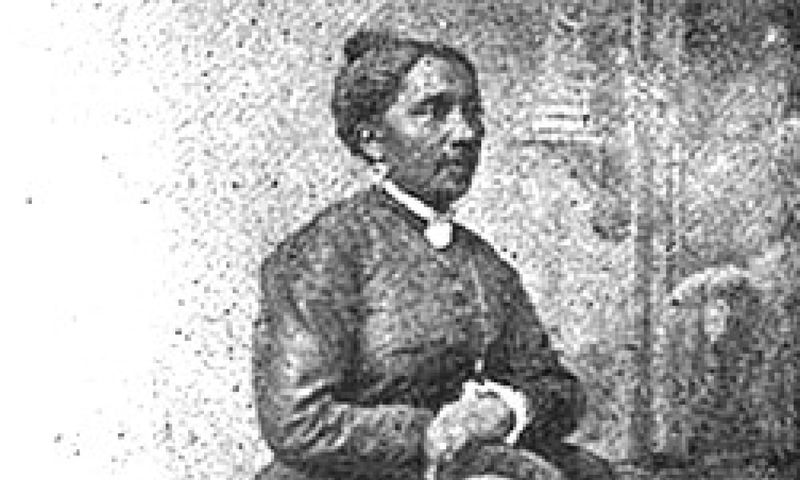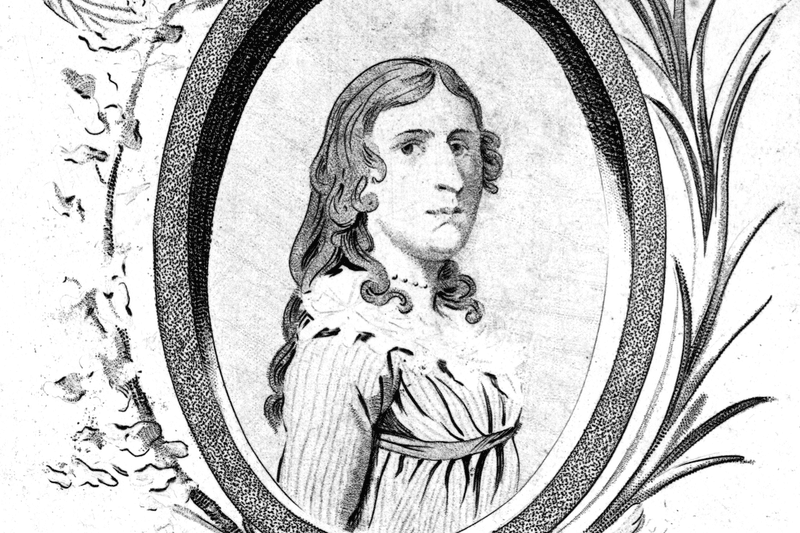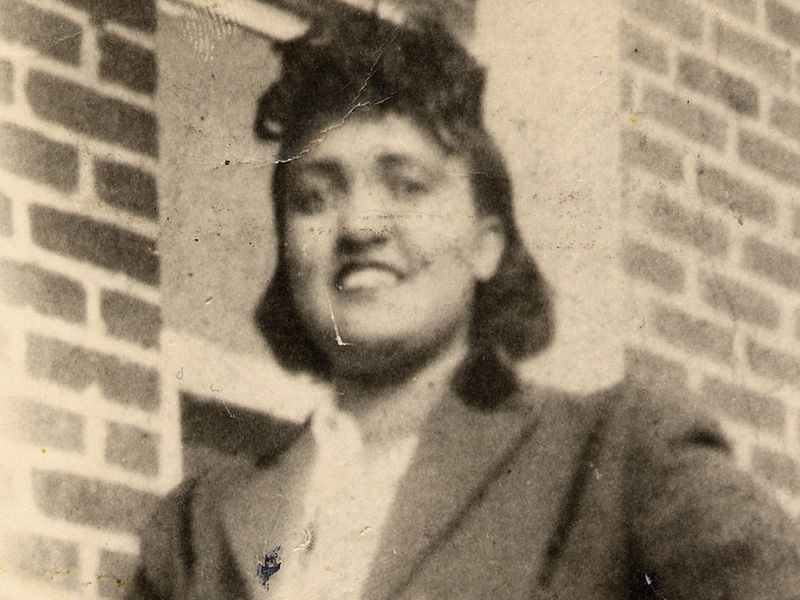14 Forgotten American Heroes You Should Know About
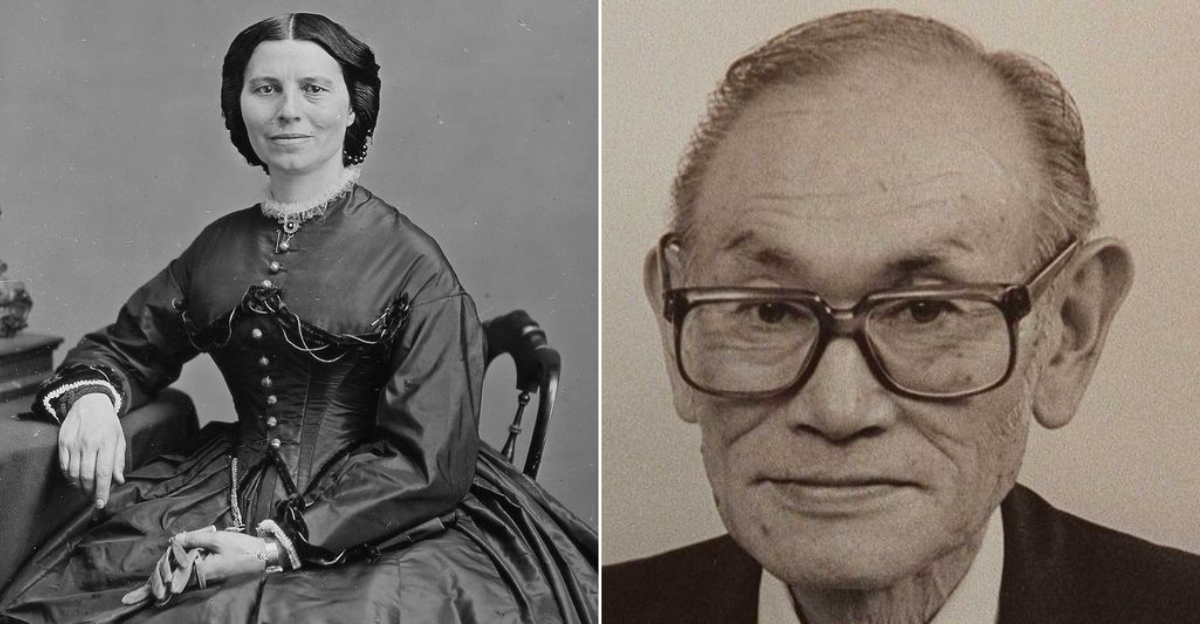
American history is full of unsung heroes. Those were the brave, brilliant, and trailblazing individuals who shaped the nation in ways that are often overlooked. While some figures are household names, others have faded from the public eye despite their remarkable contributions.
From fearless revolutionaries to groundbreaking inventors, these individuals broke barriers, defied the odds, and left a lasting impact on history. Yet, their names remain absent from many history books.
It is time to give them the honor they deserve.
1. Sybil Ludington
Most people know Paul Revere’s famous midnight ride, but have you heard of Sybil Ludington? At just 16 years old, she rode twice the distance of Revere to warn colonial forces of an impending British attack during the Revolutionary War.
On April 26, 1777, she galloped through the darkness, covering 40 miles across New York to rally 400 militia troops. Despite braving rough terrain, rain, and enemy patrols, she completed her mission—yet history barely acknowledges her heroism.
Unlike Revere, Sybil didn’t receive widespread recognition, but her daring act was just as critical to the war effort. Her legacy is a testament to the power of young women in history, proving that bravery knows no age or gender.
2. Bass Reeves
Think the Lone Ranger was just a fictional cowboy? Think again. Many historians believe the character was inspired by Bass Reeves, one of the most formidable lawmen of the Wild West.
Born into slavery in 1838, Reeves escaped during the Civil War and lived among Native American tribes before becoming one of the first Black U.S. Deputy Marshals west of the Mississippi. Over his 30-year career, he captured more than 3,000 criminals without ever being wounded in action.
Despite his incredible achievements, Reeves was largely left out of Wild West legends. His legacy as a fearless, principled lawman is finally getting the recognition it deserves.
3. Clara Barton
Most people know Clara Barton as the founder of the American Red Cross, but her groundbreaking contributions as a wartime nurse often go unmentioned.
During the Civil War, Barton risked her life to provide medical aid directly on the battlefield, earning the nickname “Angel of the Battlefield.” She didn’t just patch up wounds—she also revolutionized battlefield medicine by organizing efficient supply chains for medical equipment and advocating for better care for soldiers.
Her tireless efforts laid the foundation for modern emergency response systems, yet her full legacy is often overshadowed. Her work reminds us that compassion and courage can change the world.
4. Hiram Revels
Decades before the Civil Rights Movement, Hiram Revels shattered racial barriers by becoming the first African American U.S. Senator in 1870.
Born free in North Carolina, he became a minister and educator before entering politics during Reconstruction. As a senator from Mississippi, he fought for civil rights, equal education, and justice for freed slaves at a time when racial tensions were still dangerously high.
Though his time in office was short-lived, Revels paved the way for future Black politicians, proving that representation in government was possible even in the face of adversity.
5. Bessie Coleman
Before Amelia Earhart, there was Bessie Coleman.
Born in 1892, Coleman faced racial and gender discrimination that barred her from attending flight school in the U.S. But she refused to give up—traveling to France to earn her pilot’s license in 1921, making her the first Black woman in the world to become a licensed aviator.
Coleman thrilled audiences with daring aerial stunts, inspiring a new generation of Black pilots. Though she tragically passed away in a flight accident in 1926, her legacy continues to soar, proving that the sky is truly the limit.
6. Robert Smalls
Robert Smalls’ escape from slavery sounds like something out of a Hollywood movie.
Born into slavery in South Carolina, Smalls stole a Confederate ship in 1862 and delivered it to Union forces, freeing himself, his crew, and their families. His heroism earned him a commission in the U.S. Navy, and after the war, he served five terms in Congress, fighting for civil rights and education.
Smalls’ journey from enslaved man to political leader is a testament to resilience and courage, yet his story is often overshadowed by more widely known Civil War figures.
7. Ida B. Wells
Before investigative journalism became a thing, Ida B. Wells was fearlessly exposing injustice.
Born into slavery in 1862, Wells became a relentless crusader against lynching in the South, using her journalism to shine a light on racial violence. She co-founded the NAACP, fought for women’s suffrage, and refused to back down, despite constant threats to her life.
Her courage in speaking truth to power helped ignite the Civil Rights Movement, proving that one voice can change the world.
8. Benjamin Banneker
Benjamin Banneker, a self-taught mathematician, astronomer, and inventor, made incredible contributions to early American science.
Born in 1731, he published a series of influential almanacs and helped survey the land for Washington, D.C. Despite racial barriers, he earned the respect of scholars and even challenged Thomas Jefferson on the hypocrisy of slavery.
His brilliance paved the way for Black scientists, but his legacy is often overlooked. Banneker’s achievements deserve the same recognition as other Founding Era thinkers.
9. Jane Addams
Jane Addams was one of the first women to win a Nobel Peace Prize, yet few people today recognize her name.
In 1889, she co-founded Hull House, a settlement house that provided education, healthcare, and job training to immigrants in Chicago. Her work pioneered modern social work, proving that communities thrive when people care for one another.
Her legacy lives on in every social justice movement that fights for the rights of the vulnerable.
10. Fred Korematsu
During WWII, Japanese Americans were unjustly forced into internment camps. Fred Korematsu defied the order and was arrested, leading to a Supreme Court case that would define civil rights law.
Though he lost at the time, his fight wasn’t in vain. Decades later, his conviction was overturned, and he was awarded the Presidential Medal of Freedom in 1998.
His story reminds us of the dangers of racial prejudice and the importance of defending civil liberties.
11. Harriet Quimby
In 1911, Harriet Quimby became the first American woman to earn a pilot’s license—a remarkable feat in a time when women were discouraged from flying.
Just a year later, she became the first woman to fly solo across the English Channel, but her achievements were overshadowed by the Titanic disaster.
Though her career was cut short by a tragic crash, Quimby’s daring spirit paved the way for women in aviation.
12. Elizabeth Jennings Graham
A full 100 years before Rosa Parks, Elizabeth Jennings Graham refused to give up her seat on a segregated streetcar in New York City.
She sued—and won—leading to the desegregation of public transit in New York. Her quiet defiance set a powerful precedent, but her name is rarely mentioned in civil rights history.
Her courage proves that small acts of resistance can have a lasting impact.
13. Deborah Sampson
When it comes to women defying expectations, Deborah Sampson takes the cake. During the American Revolutionary War, she disguised herself as a man, enlisting under the name Robert Shurtliff to fight in the Continental Army.
Sampson fought bravely in multiple battles, even suturing her own wounds to avoid revealing her identity. She served for over a year before being discovered and honorably discharged. After the war, she became one of the first women in the U.S. to receive a military pension.
Her remarkable story of courage, resilience, and patriotism challenges the traditional narratives of the Revolution. Sampson proved that bravery knows no gender—a lesson that still resonates today.
14. Henrietta Lacks
Few people in history have unknowingly contributed as much to science as Henrietta Lacks.
In 1951, Lacks, an African American woman from Virginia, was diagnosed with cancer. Without her consent, doctors took a sample of her cells—and discovered that they could survive and multiply indefinitely. These cells, known as HeLa cells, became the foundation for groundbreaking medical advancements, including the polio vaccine, cancer treatments, and genetic research.
Despite her immeasurable contributions to medicine, Lacks’ story remained unknown for decades. Her family received no recognition or compensation while pharmaceutical companies profited from her cells. Today, her legacy raises crucial discussions about ethics, medical consent, and racial disparities in healthcare.
Henrietta Lacks gave the world an extraordinary scientific gift—one that continues to save lives to this day. Her story is a powerful reminder that history’s most influential figures aren’t always the ones who sought fame.

